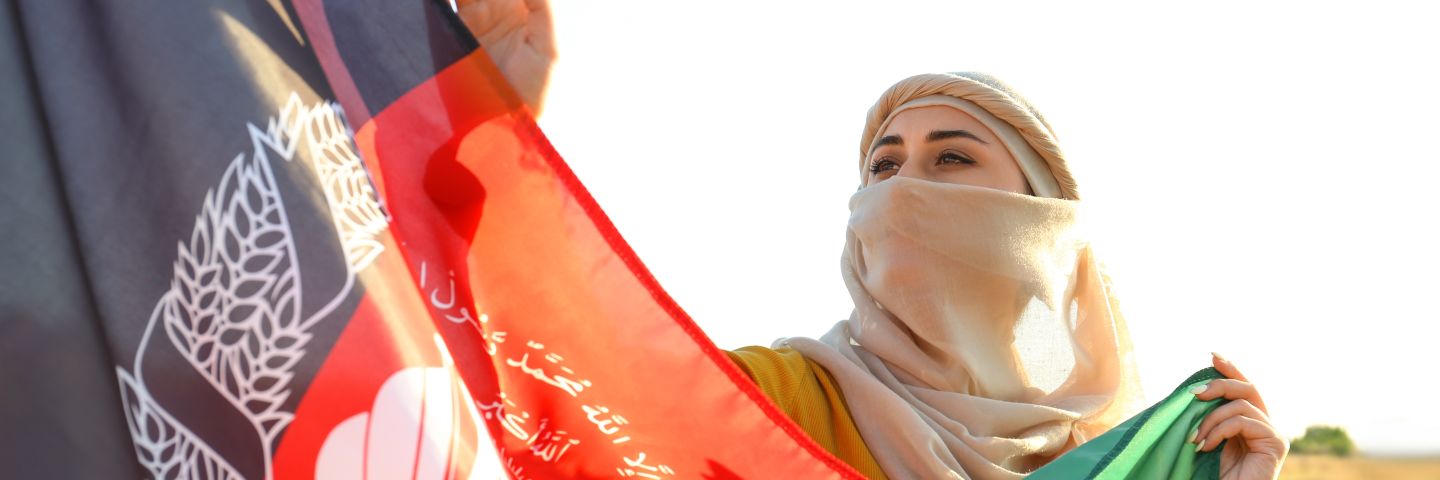Prize for Best Essay in Technology and International Security Policy Winner
The Best Essay in Technology and International Security Policy prize is a newly established competition starting in AY 2022-2023. Awarded up to once annually, this prize offers recognition for the best essay that considers the impact of technology on prospects for peace or war, and/or how conflict may shape technology. Learn more about the prize for Best Essay.
Brett Reichert
Brett Reichert is a U.S. Army Goodpaster Fellow and PhD student in Public Policy at Cornell University. His research examines how emerging military technology affects conflict dynamics and the use of force. He is interested in the ways legal regimes respond to and shape technological development in armed conflict and the national security context. He is particularly interested in the rise of automation and autonomy in military systems. He holds a Master’s of Policy Management from Georgetown University. Prior to joining Cornell, Brett was a Bradly Fellow assigned to the 19th Chairman of the Joint Chiefs of Staff and the 40th Army Chief of Staff.
This working paper investigates the impact of Lethal Autonomous Weapon Systems (LAWS) on the attitudes of U.S. military practitioners and the U.S. general public toward the use of military force. It explores how LAWS, which operates with varying degrees of human oversight, affects the perceptions of military engagement. The study employed a survey experiment to compare the attitudes of these two critical groups, focusing on the spectrum of autonomy from human-controlled to fully autonomous systems.
This research highlights differences and similarities in the responses of military personnel and civilians, particularly in their preferences for the use of military force, given varying degrees of autonomy in the weapon system. The preferences are derived from scenarios that mimic real-world military engagements. This study contributes to the international relations literature by providing empirical insights into how autonomy in military technology shapes decisions regarding national security and broader societal attitudes toward warfare in an increasingly automated world.


